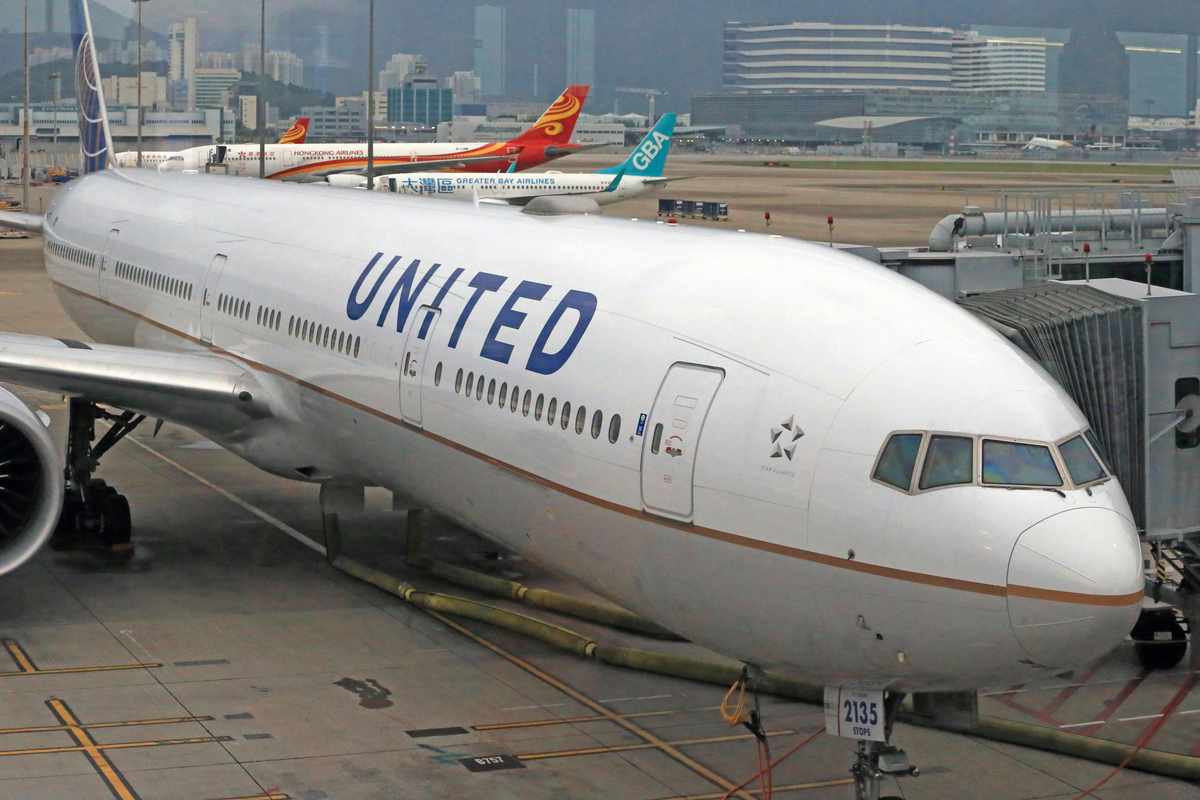(TEL AVIV, ISRAEL) Emirates has canceled all flights to Tel Aviv as regional tension and security concerns grow around Israel’s main gateway, Ben Gurion Airport, leaving thousands of travelers unsure how or when they will reach their destinations in 2025.
The Dubai-based carrier announced the suspension after Israeli authorities kept much of the country’s airspace closed following military operations against Iranian targets and rising rocket threats from Iran-backed groups. Those threats have triggered repeated shutdowns of Ben Gurion’s runways.

Emirates said the route is halted until further notice, meaning there is no set date for flights between Dubai and Tel Aviv to restart. This stance mirrors decisions by other major airlines wary of exposing passengers and crew to possible attacks near Ben Gurion Airport.
Airlines and route disruptions
Several major carriers have already stopped or cut service to Tel Aviv, effectively reducing many of the usual links between Israel, the Gulf, Europe, and North America.
- Airlines that have stopped or sharply reduced service include:
- Etihad
- Qatar Airways
- Lufthansa
- Ryanair
- Delta
- United
- Air Canada
These reductions have created a patchwork of limited and rapidly changing options for travelers.
Impact on passengers and immediate consequences
For many passengers, the cancellations arrived only hours before planned departures, forcing last-minute changes and disruptions.
- Common immediate effects:
- Rebooking tickets
- Extending hotel stays
- Cancelling family visits, business meetings, or study plans tied to Ben Gurion
Emirates is urging affected travelers to manage their bookings online and to check flight status frequently through its website or mobile app. The airline says customers can:
1. Move to later dates
2. Switch to other routes where possible
3. Request refunds under the airline’s existing cancellation rules
However, Emirates also reminded passengers that compensation is unlikely when flights are disrupted by what aviation regulators call “extraordinary circumstances” — a category that includes war, political unrest, and major security concerns beyond an airline’s control.
Important: Expect limited compensation for disruptions classified as “extraordinary circumstances.” Keep documentation of cancellations and communications for refund or dispute requests.
Visa, residency, and legal complications
According to analysis by VisaVerge.com, travelers holding time-limited visas, residence permits, or work authorizations face special stress because delays of even a few weeks can affect job start dates, university enrollment, and compliance with foreign entry rules that often require arrival by a specific deadline.
Immigration lawyers report hearing from clients unable to return for:
– Tech jobs in Tel Aviv despite holding Israeli visas
– U.S. work-permit holders worried about long absences affecting reentry or extension applications
Travel experts recommend keeping all tickets, emails, and proof of security-related cancellations for possible refunds and to explain missed immigration interviews or overstays.
Alternative routing and their limits
Some passengers are attempting to reach Israel by flying into nearby hubs and connecting on regional carriers, but these options are limited and can change quickly.
- Common alternative hubs and carriers:
- Istanbul — Turkish Airlines
- Athens — Aegean Airlines
- Larnaca — regional carriers
These routes can be disrupted if nearby airspace is restricted or if airports tighten risk rules, so they are not guaranteed solutions.
Ben Gurion Airport status and notices
Israel’s civil aviation authorities say they will give at least six hours’ notice before fully reopening Ben Gurion Airport to regular traffic. However, authorities have not set a clear timetable, reflecting a fragile security picture and the risk that further attacks or interceptions could force sudden closures.
Effects on outbound travel from Israel
The closure of many routes out of Tel Aviv affects travelers leaving Israel for Asia, Africa, and the Americas.
- Consequences include:
- Packed flights on the few remaining services
- Higher fares
- Long waits at foreign consulates as travelers seek to change visa dates or explain missed entry windows caused by Ben Gurion’s shutdown
Government advisories and consular actions
Governments are adjusting travel advice for citizens who plan to travel through Tel Aviv or are already in Israel. Several foreign ministries are urging people to reconsider non-essential trips and to register with consular services.
- The United States continues to post detailed regional safety information on the U.S. Department of State travel advisory page:
Consular officials remind travelers that local conditions near Tel Aviv can change faster than airlines or booking sites can update schedules.
Practical advice for affected travelers
Travel experts and authorities recommend steps to reduce risk and protect options:
- Keep all documentation: tickets, emails, proof of security-related cancellations
- Check digital channels frequently: airline websites and mobile apps for real-time updates
- Register with your embassy or consulate if you are in Israel or planning to travel through Tel Aviv
- Contact consulates early if visas are near expiry, since some embassies may allow flexibility when presented with clear evidence of canceled flights
- Avoid calling busy customer centers: Emirates advises waiting for direct contact or using digital channels because call centers are overwhelmed
Short- and medium-term outlook
With no firm timeline for reopening full service, Emirates and other airlines are likely to review Tel Aviv schedules week by week. That leaves passengers, migrant workers, and international students to plan around a shifting pattern of open and closed routes across the region for the foreseeable future.
Key takeaway: Expect ongoing uncertainty. Monitor official airline and government channels, keep documentation of disruptions, and contact consular services early if visa or residency deadlines may be affected.
This Article in a Nutshell
Emirates canceled all flights to Tel Aviv indefinitely amid mounting security concerns and repeated Ben Gurion runway shutdowns after military operations and rocket threats. Several major carriers have also halted or reduced service, creating limited, rapidly changing travel options. Passengers face last-minute rebookings, extended stays, and potential visa or residency complications. Airlines advise managing bookings online and retaining documentation; compensation is unlikely when disruptions are classified as extraordinary circumstances. Travelers should monitor airline and government channels and contact consulates if deadlines are at risk.













